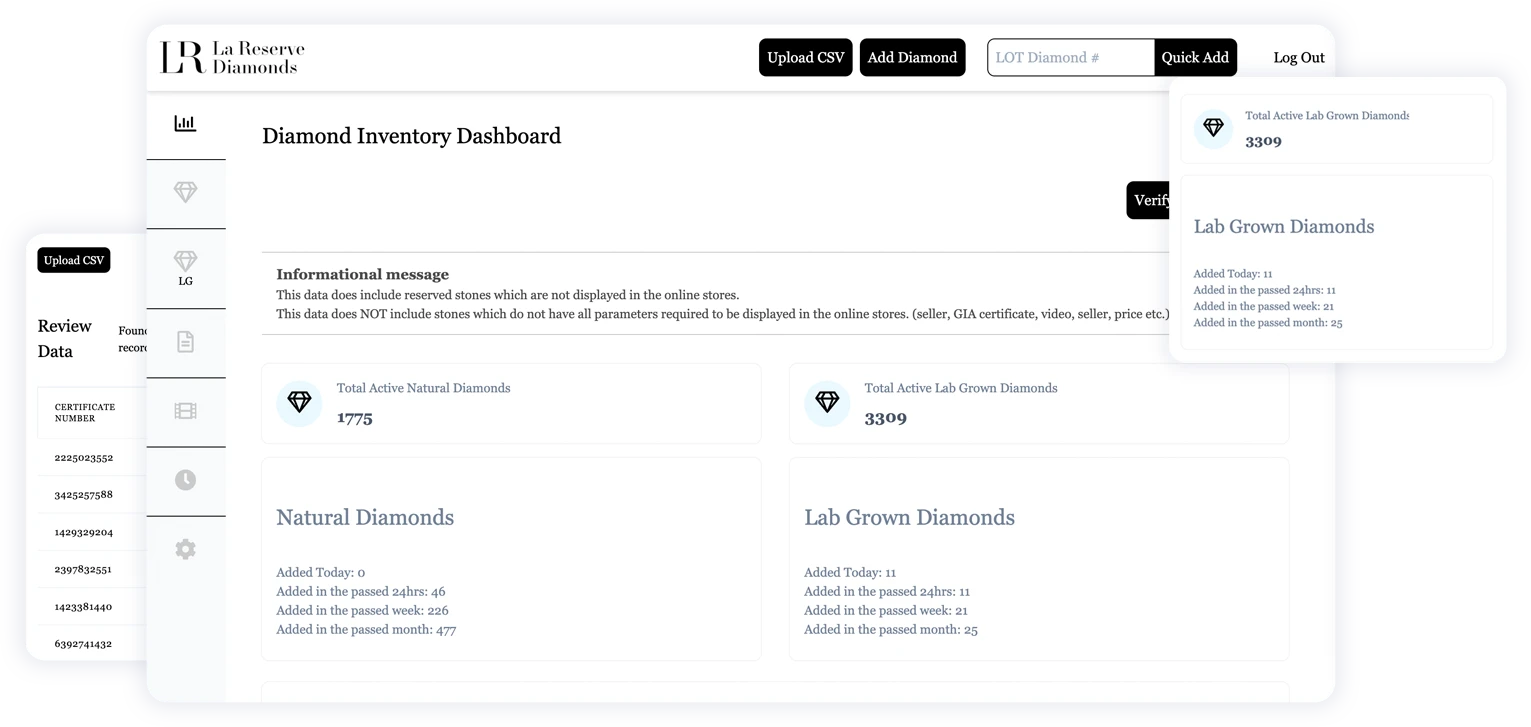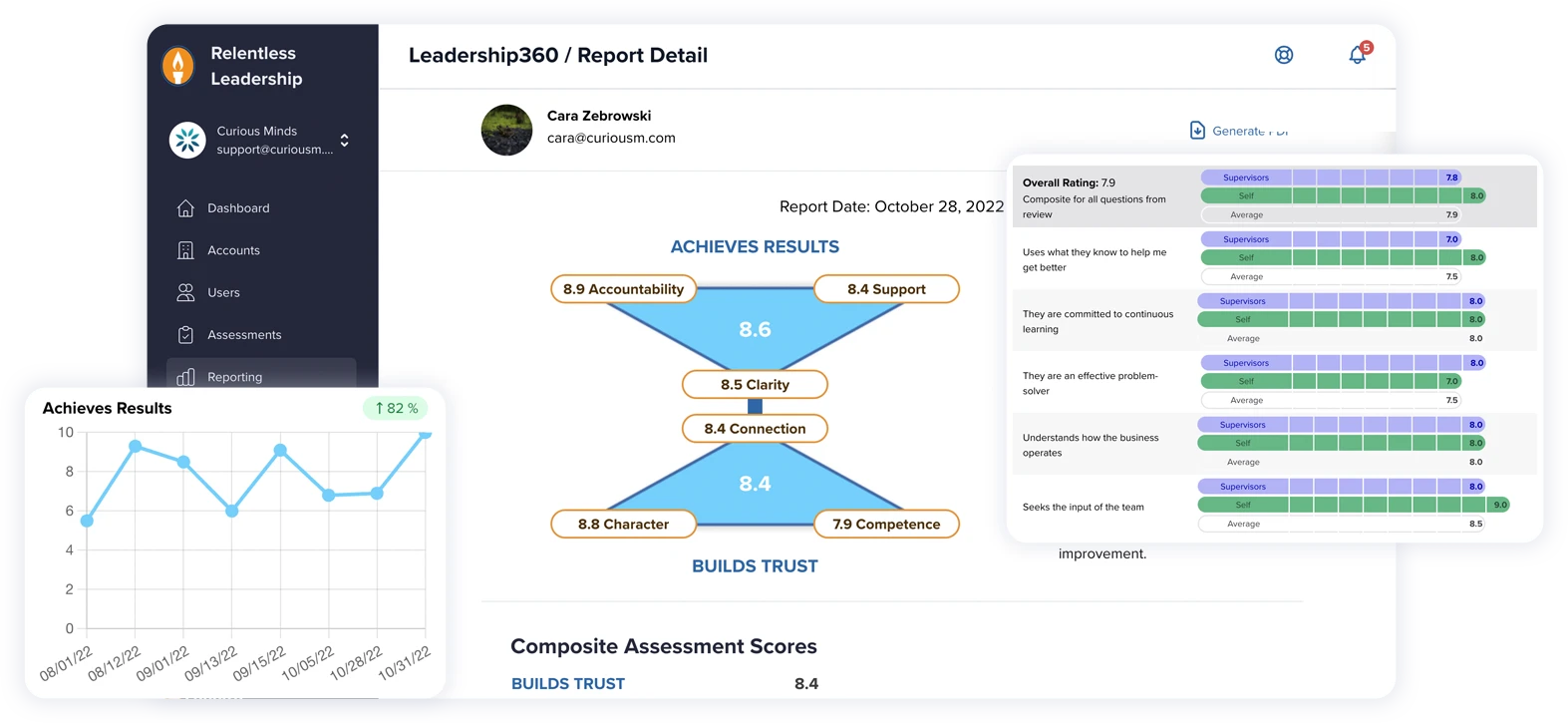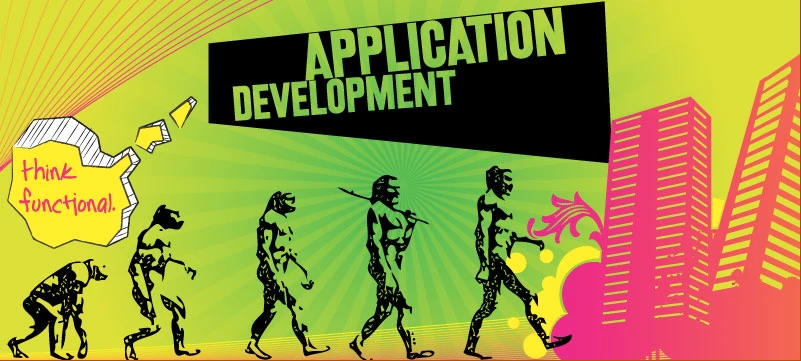I’m putting off finishing another article as I’m writing this. Maybe I should follow my own advice?
Part of procrastination is avoiding the thing/task that you could fail at, thereby protecting yourself. It’s the act of not acting at all. Why bother if you’re going to do poorly anyway, right? But this is a terrible idea! By focusing on anything except the task at hand, you’re forcing yourself to rush a project, instead of showcasing your expertise. You’re hurting yourself far more than initially failing ever could. How is this possible, you might be asking yourself. If you fail, that failure is coming from a mostly external place. But when procrastination is part of the equation, you’re getting a sense of failure from internal sources, as well as external. Twice the punishment for the same amount of work.
Over the years, I’ve developed a few tactics that help keep my procrastination at bay. They may not work for everyone, so if you try something without success, don’t give up just yet. Something else will work for you, but you need to experiment to discover what that trick is. Learning how to not procrastinate is a journey, and we’re all along for the ride.
What Type of Procrastinator are You?
We’re complex creatures, which makes our procrastination equally complex. There’s no one way to put things off. However, it helps to know what type of procrastinator you are, so you can learn how to work with it and accomplish necessary tasks. So, what type of procrastinator are you?
There are four type of procrastinators. The Performer, the Self-Deprecator, the Overbooker, and the Idea Seeker. I’ll keep it brief here. The Performer puts off tasks until the last minute and then scrambles to finish. “I work well under pressure,” they say. The Self-Deprecator self inflicts punishment when they don’t begin a task, or if they fall behind. “I’m super lazy and unmotivated and can’t get anything done, so why should I try,” is their response. The Overbooker fills their calendar with tasks, appointments, events, things to do and places to see, and then becomes overwhelmed at the idea of having to do it all. And finally, the Idea Seeker always starts something new, and then finds something else even more interesting to do, leaving tasks unfinished. You’ll hear an awful lot of, “check out this new idea!” Are you more one than the other? Or are you a combination?
Avoid Procrastinating
It’s much easier to write about than actually do, isn’t it? I struggle daily with keeping myself on task. But there are ways to set yourself up to accomplish everything without struggling.
The Mighty To Do I keep the worst of my procrastination at bay by writing a to do list for myself. I even go so far as to put it on actual paper. If putting tasks in your phone works for you, then by all means, do that. For me, it has to be on paper. If it’s not, I’ll never look at it, much to my detriment. So I write down every single task I need to accomplish for the day on a legal pad, no matter how mundane the task. I also do this at home, because otherwise, my house would never be clean.
-
Break it Up Breaking up tasks has been instrumental for me in managing my procrastination. Part of my job involves calling complete strangers, and I have a little bit of a stutter, which can complicate those phone calls. Sometimes, my stutter gets worse when I have to talk on the phone, and it can be impossible to get a word out or complete a sentence. It’s agonizing, and as a result, simply dialing someone’s number can be the worst part of my day, which makes me not want to do it at all.
But it’s not all doom and gloom. I turn this into something I can accomplish without completely freaking out by making mini tasks. Maybe I have to make 30 phone calls tomorrow. Well, I just need to get through three of those phone calls. Then another three. then another, and another. Oddly enough, breaking them up into groups of three makes them manageable, even though I still have to call 30 people.
-
Prioritize Your List I follow the important and urgent method of prioritizing tasks. First, I write out my list of everything that needs to be accomplished. Next, I list them in descending order based on what needs to be accomplished. I use the following criteria.
Urgent and important – this task gets done first, no questions asked.
Not urgent, but important – I schedule for when my first tasks are complete.
Urgent, but unimportant – Is this better suited for someone else, or can I handle it when everything else is complete?
Not urgent, and unimportant – Don’t bother.
My most urgent and important tasks are usually client communications, and relaying any information to our developers. Every morning, these are the tasks I prioritize. That, and making coffee for everyone.
Effectively Schedule Your Time Setting a realistic schedule reduces the feeling of not accomplishing everything, because you actually are accomplishing everything. It makes finishing tasks easier. The key word here though, is realistic. You need to set a realistic schedule for yourself, not a wish list schedule. You don’t have to account for every single second. Instead, give yourself a little bit of breathing room in between tasks. What if a project has some rollover, and takes a little longer to finish? There’s time for that. What if you have to stop and eat? You have time to do that, too. Remember all those little things that you don’t normally think about, like using the bathroom, or walking around and stretching your back because getting up and moving is proven to be an effective tool to help maintain your physical and mental health during your work day (hint, hint). And increases your ability to concentrate.
Figure Out When You’re at Your Best Do you thrive in the morning, or the afternoon? When are you most effective and motivated? When do you hit your peak? Once you’ve figured this out (another task accomplished!), use those time periods to schedule your most difficult, or most urgent and important tasks. Everything else can happen later. Everything else can happen later. Your difficult tasks are now easier to tackle, and easier to manage. What if it was all in your head? Well, not anymore!
-
Set Goals and Rewards What’s the point of improving if you don’t have a goal and reward for positively crushing a task? You need to treat yourself!
Setting goals is also about your word choice. Saying things like, “I have to do this” imply risk of failure, increasing the chances of procrastination. Instead, maybe say, “I want to do this,” or “I’m choosing to do this.” It’s not a punishment, and far more encouraging. I’m not saying you need to hold your own hand, or coddle yourself, but you don’t have to spiral into a pool of self loathing, either.
Once that goal has been accomplished, go ahead and congratulate yourself for a job well done.
What’s the Takeaway?
If you’d like to hear a little bit more about procrastination, there’s an excellent podcast, Ologies, with one episode featuring a psychologist, Dr. Joseph R. Ferrari, about the art of procrastination. Dr. Ferrari is famous for the phrase, “Everyone procrastinates, but not everyone is a procrastinator.” I highly recommend you give it a listen, if you can. It helped me learn a few of the tips above and, if nothing else, it’s a very entertaining listen.
One of the biggest challenges when dealing with procrastination is to first recognize it. Next, figure out why. Finally, find the best strategies to avoid procrastinating. There will always be moments when you put something off, of course. No one is perfect. But, if you find tactics that help you minimize its negative effects, and make those tactics part of your normal routine, you’ll find that you procrastinate less, and that looming feeling of “I have to get this done right now,” stops looming over your day.



















